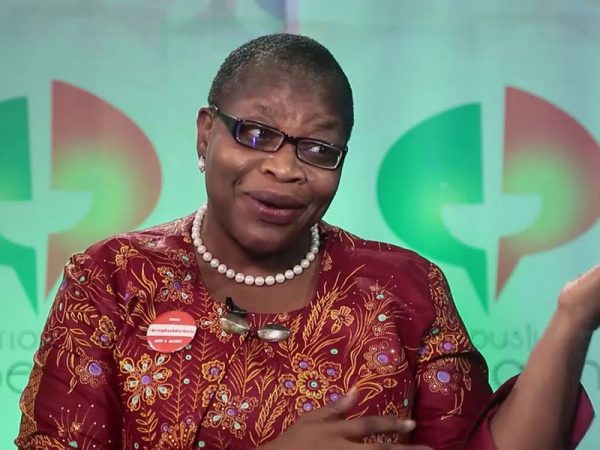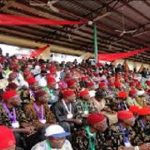Former Minister of Education, Oby Ezekwesili, has called for an independent audit to investigate why the Nigerian National Petroleum Company Limited (NNPC) capped its investment in the Dangote Petroleum Refinery at 7.2 percent instead of the initially planned 20 percent. This comes amid ongoing controversies surrounding the refinery.
The call for transparency was made via Ezekwesili’s official X handle. She expressed concern over the lack of clarity and potential irregularities in the NNPC’s dealings with the refinery. “As more information filters out from both parties, it becomes clear that something seriously murky has gone on and needs to be fully unravelled for public accountability,” Ezekwesili stated.
Ezekwesili also referenced the NNPC’s opacity during her tenure in government and emphasized the importance of transparency, recalling the establishment of the Nigeria Extractive Industries Transparency Initiative (NEITI) to regulate the sector. She urged President Bola Tinubu to utilize NEITI to launch an independent audit of the NNPC-Dangote transaction.
The controversy deepened when Aliko Dangote, President of Dangote Group, revealed that NNPC’s stake in his refinery was 7.2 percent, contradicting the speculated 20 percent. Dangote explained that the agreement was for 20 percent, but NNPC did not complete the payment, opting to settle at 7.2 percent.
In related developments, NNPC’s Group Chief Executive Officer, Mele Kyari, denied owning a blending plant outside Nigeria, a claim made by Dangote amid the refinery controversy. Kyari asserted that he does not own or operate any business, except for a local agricultural venture, and is unaware of any NNPC employees owning blending plants in Malta or elsewhere. He also pledged to sanction any NNPC official found involved in such activities.
The situation has sparked further debate, with the Chief Executive of the Nigerian Midstream and Downstream Petroleum Regulatory Authority, Farouk Ahmed, claiming that diesel from the Dangote refinery had higher sulphur content than imported diesel, which Dangote refuted as an attempt to undermine his refinery.




